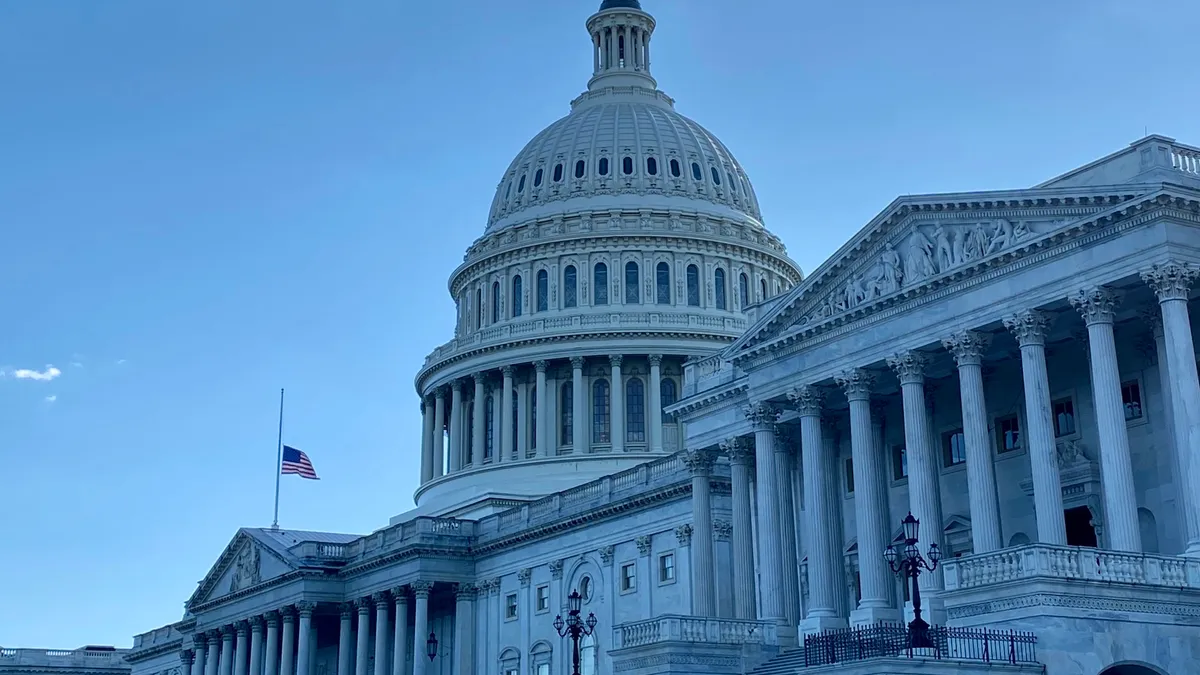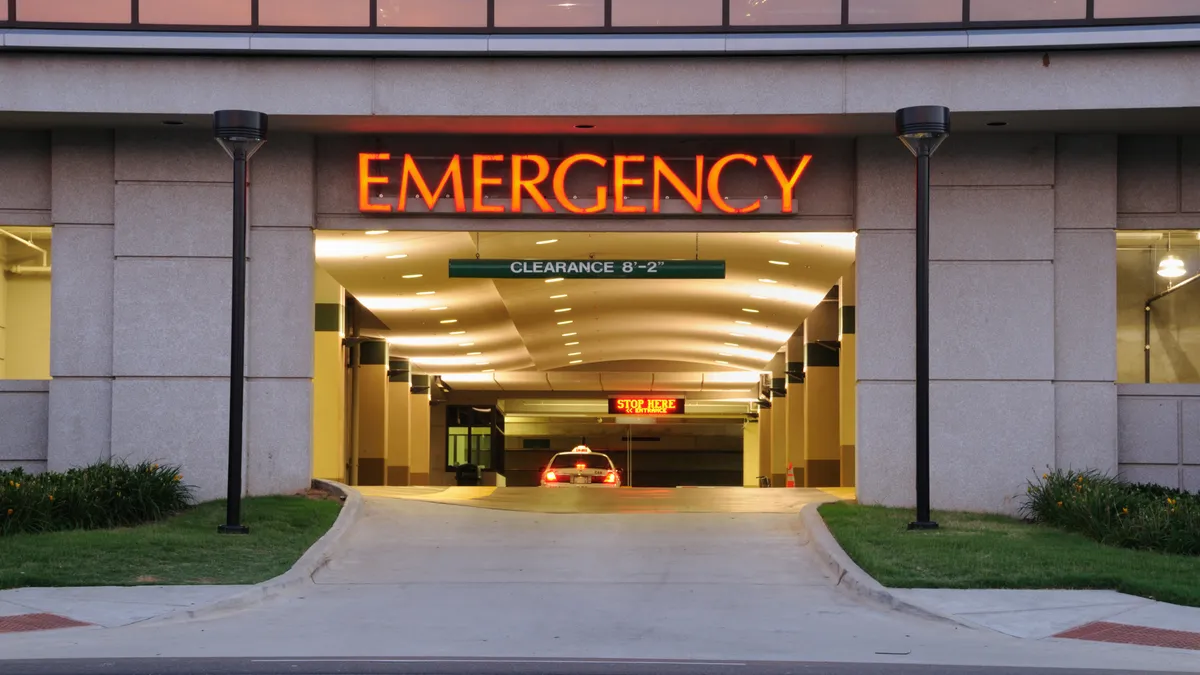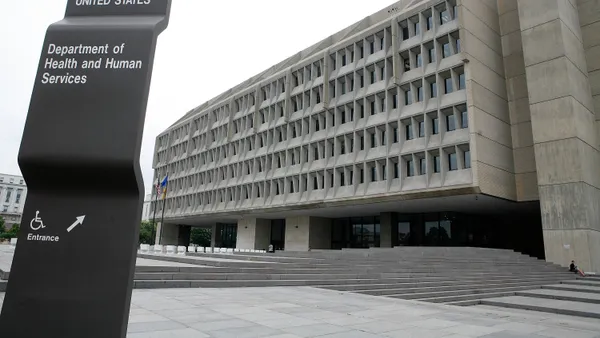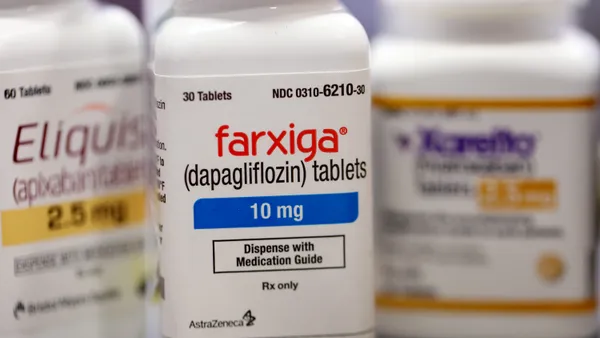Editor’s note: Nirav Amin is a board-certified orthopedic surgeon and serves as an associate professor at Pomona Valley Hospital in Pomona, California.
Every effort to curb the deadly effects of the opioid crisis matters. But many downstream solutions don’t address the fact that millions of patients are needlessly exposed to prescription opioids each year.
Industry leaders understand that opioid prescribing is baked into the healthcare system and that reactive measures such as allowing students to carry overdose reversal medications don’t address the root cause of addiction for many of the patients under our care.
Congress addressed that very challenge by passing legislation in 2022 to expand access to safe, non-opioid options for patients and providers. Healthcare providers should tell the CMS why they must finish this fight and implement this policy in 2024 to protect patients and empower providers with choices in pain management.
In 2021, the deadliest year yet of the opioid epidemic, we lost over 80,000 Americans nationwide — 7,175 people in my home state of California — to an opioid-related overdose. Systemic overprescribing (14.5 million prescriptions were written that year in California) is part of the problem. These tragedies could be avoided if providers and patients had better access to non-addictive options to manage pain after surgery.
In addition to the human toll, the opioid addiction crisis is economically devastating, costing the U.S. over $1.5 trillion in 2020 alone. Yet current reimbursement policy continues to incentivize the prescription of opioids despite the availability of non-addictive therapies that the CDC says are just as effective at managing acute pain.
Behind these numbers are stories of individuals who suffered minor sports injuries, had their wisdom teeth removed, or underwent another routine outpatient procedure, and were prescribed opioids to manage their pain. For these patients and others, we have the opportunity to prevent addiction before it starts — but providers can’t help their patients without access.
From my years as an orthopedic surgeon, I know firsthand what it is like for a patient to struggle with post-operative pain. Three months after a total knee replacement, one of my patients continued asking for more and more opioid pain medication. All the while, his surgery worked, and his knee function was restored. I was immediately worried that the patient was well on the path to opioid addiction.
Luckily, we were able to connect him to the appropriate resources and ease him off the medication — but a challenge occurred later when he needed another surgery on the other knee. Following his procedure, I did not want to again expose him to opioids, so I fought to get him access to a non-opioid option for his pain. This time, he recovered without needing a single opioid pill.
The unique circumstances of this surgery allowed me to prescribe a non-opioid option, but all too often healthcare professionals don’t have that choice since these options are rarely included on formularies. Since current Medicare policy still does not provide separate reimbursements for non-opioids, we must default to generic opioid prescriptions for patients. That policy is changing — but not quickly enough.
Washington recognized this gap in our healthcare system and passed the Non-Opioids Prevent Addiction in the Nation Act at end of 2022 to expand patient and provider access to FDA-approved non-opioid pain management options in outpatient surgical settings. The policy will incentivize greater use of non-opioids by creating separate reimbursements for the administration of these therapies.
Healthcare leaders must help CMS understand the inevitable damage that will result if the agency does not implement the policy in 2024. Millions of Americans will be put needlessly at risk of opioid addiction for another year.
Every day, patients across the country are left with a fraction of the pain management options they should have because providers’ hands are tied to prescribe non-addictive therapies. We’re living with the consequence — an opioid addiction crisis that continues to claim more lives each year. Congress did its part, and now it’s time for the CMS to do theirs. Healthcare leaders have a valuable voice in this fight. They should join me and call on CMS to implement the NOPAIN Act in 2024 and empower providers to help prevent addiction before it starts.













